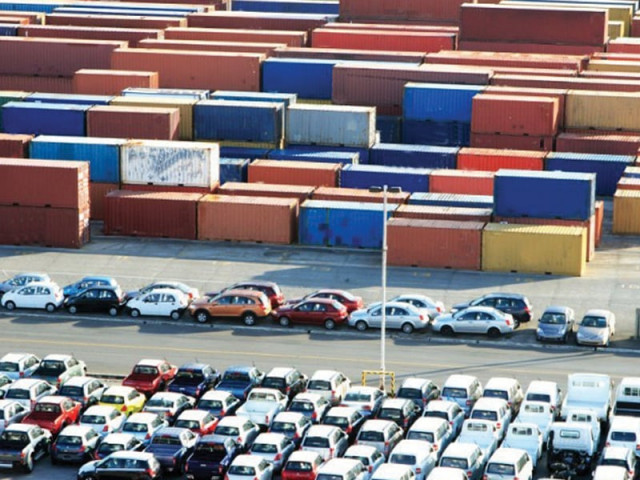Overly-protected industry: Auto sales likely to pick up this year
Falling interest rates could see a boost in car-financing numbers.

Hybrids are catching on, of that there is no doubt, but the trend has been fairly subdued because of the lack of options and also that they are not exactly cheap. PHOTO: FILE
According to latest figures released by the automobile industry, car sales picked up in the second half of the year but still ended flat for the fiscal year 2012-2013.
Sales of locally assembled cars dropped 24% to 135,310 units in fiscal year 2012-13 compared to 179,139 units in the first half of the previous year.
In comparison, sales jumped 33% to over 77,000 units in the second half of the year, but it was not enough to counter the slump in the first half.
However, despite earlier doubts and fear, many analysts believe that this will be a good year for this sector. The trend they say is already visible, even if a small part of the second-half sales spike is because of elections, which as a rule are considered good for auto sales.

The single biggest factor that will prove to be good for local makes is the already taken decision of reducing the age of imported cars to three years. This has already dented import figures, by about 20%, and they are expected to fall further.
The impact of the budget
Some of the measures announced in the recent budget were and still are being perceived by some to be negative for the industry as a whole. And at first look this may seem to be the case, but in reality, the scenario could be very different.
According to research reports, auto sector analysts have spoken about market concerns that the increase in General Sales Tax, Withholding Tax on local cars, and Federal Excise Duty on local cars, coupled with the rebate in duty on hybrid cars will result in the rise of local car prices and higher imports of hybrid vehicles.
It is true that the prices of locally assembled cars will probably go up as a result but probably not by enough and the increased demand, to fill the vacuum caused by the reduction in imports will be enough to sustain sales. The rise in prices should not be more than 5% in any case.
The other factor that will result in increased sales, although this will probably benefit both imported and locally assembled cars, is the fall in interest rates which could lead to a surge in car financing.
Hybrid not a threat
Hybrids are catching on, of that there is no doubt, but the trend has been fairly subdued because of the lack of options and also that they are also not exactly cheap. The impact on the sales of locally assembled cars will not be significant. The other factor that is quite important is that 100% rebate has been given in hybrid cars that are up to 1200 cc. There are not all that many hybrid cars available in this size. Most of them are in larger engine sizes, where the rebate is 50% for cars up to 1800 cc and then 50% for cars larger than 1800 cc.
Bad decisions
The numbers were not looking good, says one company. The supply chain was the issue, says another. But the decision by Suzuki to discontinue Alto and by Toyota to discontinue the Coure could be significant as far as sales are concerned. These two cars constituted a substantial part of the market because the largest chunk of sales is in the 1000cc and below category. As CNG gets phased out, and fuel prices go up, we think it would be a good idea for automakers to try and fill the void left by the withdrawal of these models.
Published in The Express Tribune, July 15th, 2013.
Like Business on Facebook, follow @TribuneBiz on Twitter to stay informed and join in the conversation.



















COMMENTS
Comments are moderated and generally will be posted if they are on-topic and not abusive.
For more information, please see our Comments FAQ